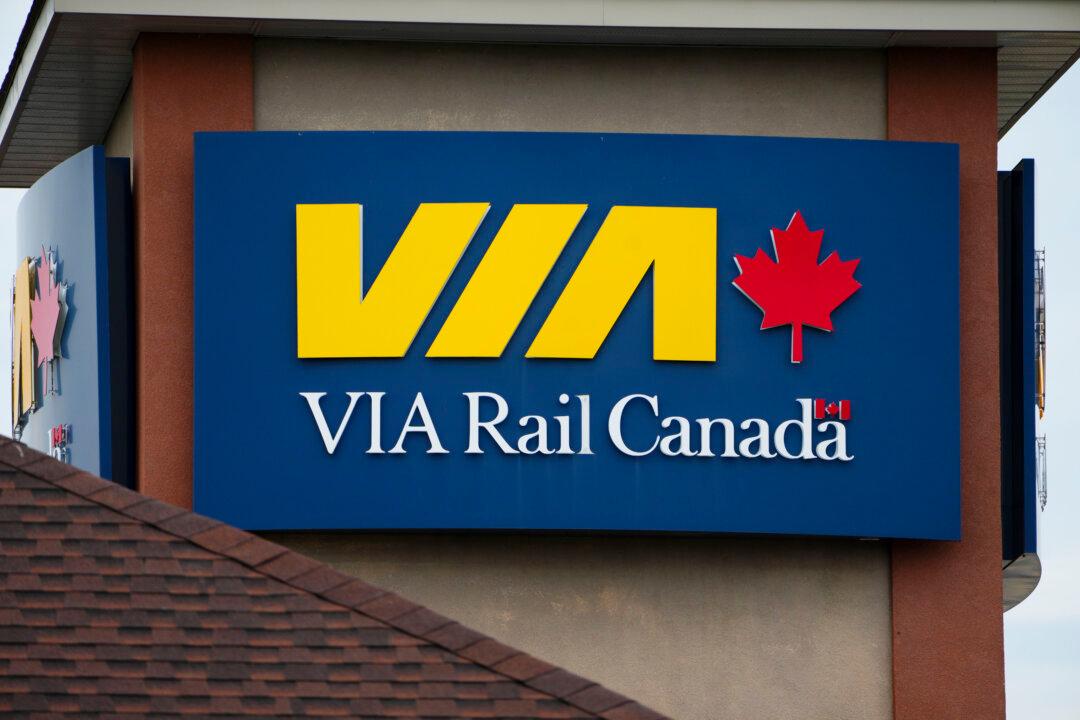Top executives from VIA Rail Canada faced questions today from MPs on the House of Commons transport committee about prolonged travel delays over the 2022 holiday season that left passengers on some trains stranded for over 18 hours.
Martin Landry, VIA’s interim president and CEO, told the committee that VIA had storm-response plans in place prior to the delays, but said it’s now “obvious” that they need to be reviewed.





